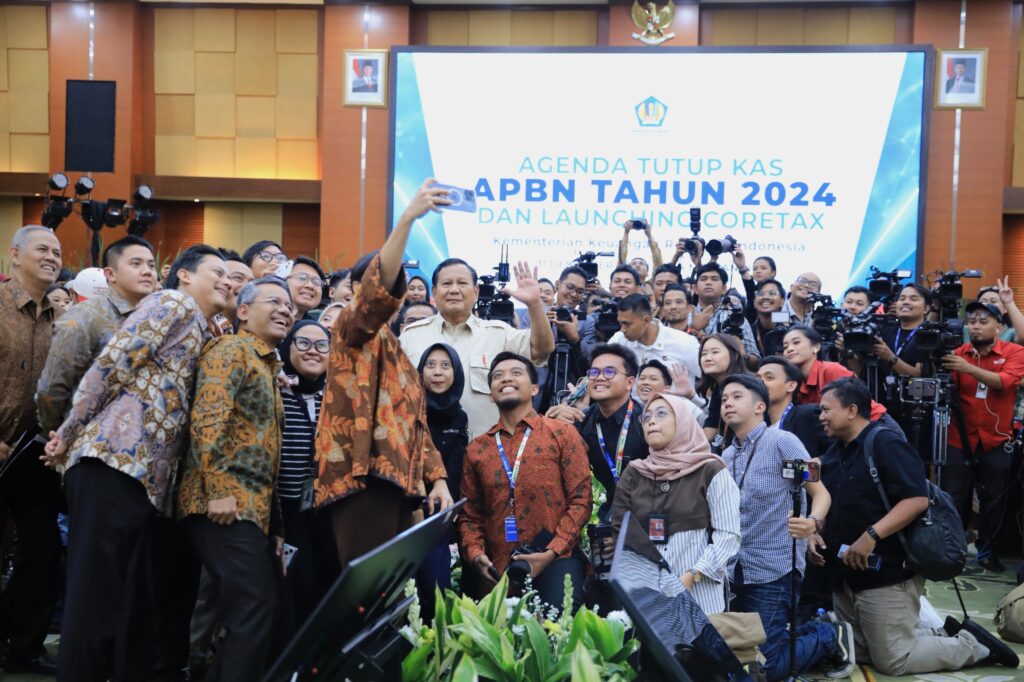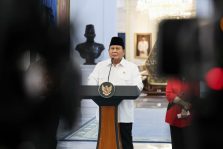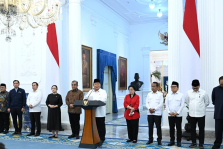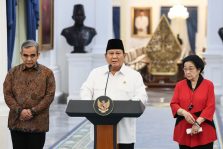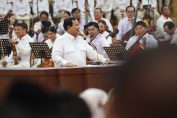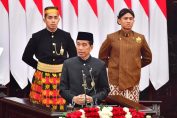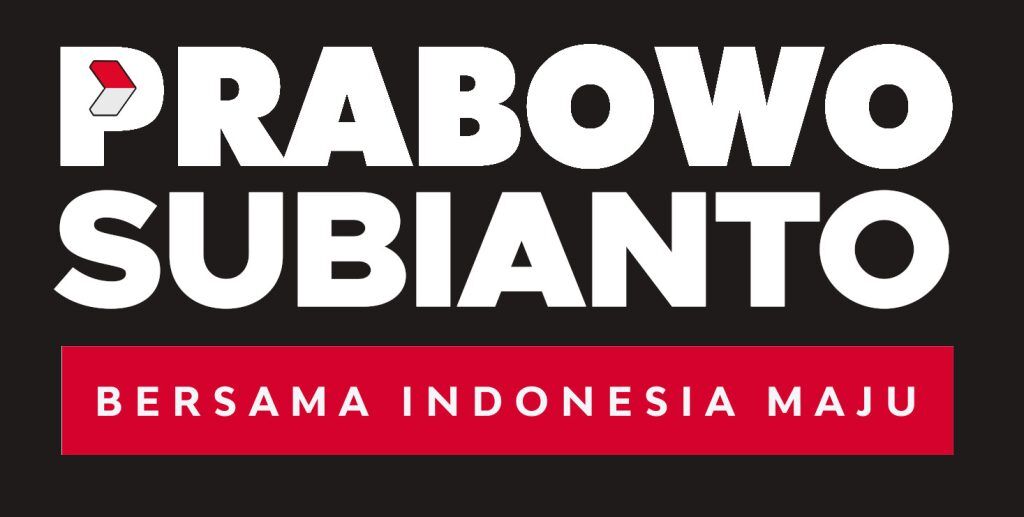Jakarta — Indonesian President Prabowo Subianto has assured the public that the increase in Value Added Tax (VAT) to 12% will apply solely to luxury goods and services consumed by the affluent, while essential goods and services will remain unaffected.
In a press conference held at the Ministry of Finance (Kemenkeu) on Tuesday afternoon (December 31), Prabowo emphasized that the VAT adjustment targets only goods already subject to the Luxury Goods Sales Tax (PPnBM), ensuring no burden is placed on the general public.
“The VAT increase from 11% to 12% is only applied to luxury goods and services—specific items that already fall under PPnBM, consumed by high-income individuals,” Prabowo explained.
“For example, private jets, luxury yachts, and ultra-luxurious homes valued far above the middle-class bracket are classified as luxury goods utilized by the upper class,” he added.
He assured that goods and services outside this luxury category would remain taxed at the current 11% rate.
“For all other goods and services, not categorized as luxury items, there will be no VAT increase. The rate stays as it is today—unchanged since its implementation in 2022,” Prabowo clarified.
Additionally, he stressed that essential goods and services, already exempt from VAT under the current framework, would continue to benefit from a 0% VAT rate.
“This includes essential goods and services critical to daily life, such as basic staples—rice, meat, fish, eggs, vegetables, fresh milk—as well as education services, healthcare, public transportation, affordable housing, and clean drinking water,” Prabowo outlined.
He highlighted that this policy adheres to Indonesia’s Tax Harmonization Law (UU HPP) No. 7 of 2021, which mandates a gradual VAT increase designed to minimize its impact on purchasing power, inflation, and economic growth.
“As agreed by the Indonesian government and Parliament in 2021, the VAT rate increase was planned in stages—from 10% to 11% in 2022 and to 12% by January 1, 2025. This gradual approach ensures minimal disruption to purchasing power, inflation, and economic stability,” Prabowo explained.
The President reiterated that his administration, like its predecessors, prioritizes tax policies that protect the purchasing power of the people while fostering economic equity.
“I believe this makes it clear: the government is committed to creating a fair, pro-people taxation system,” Prabowo concluded.
— (RR)

